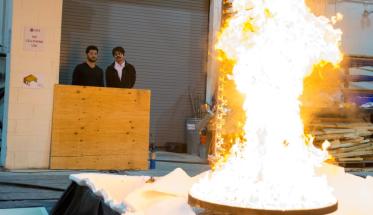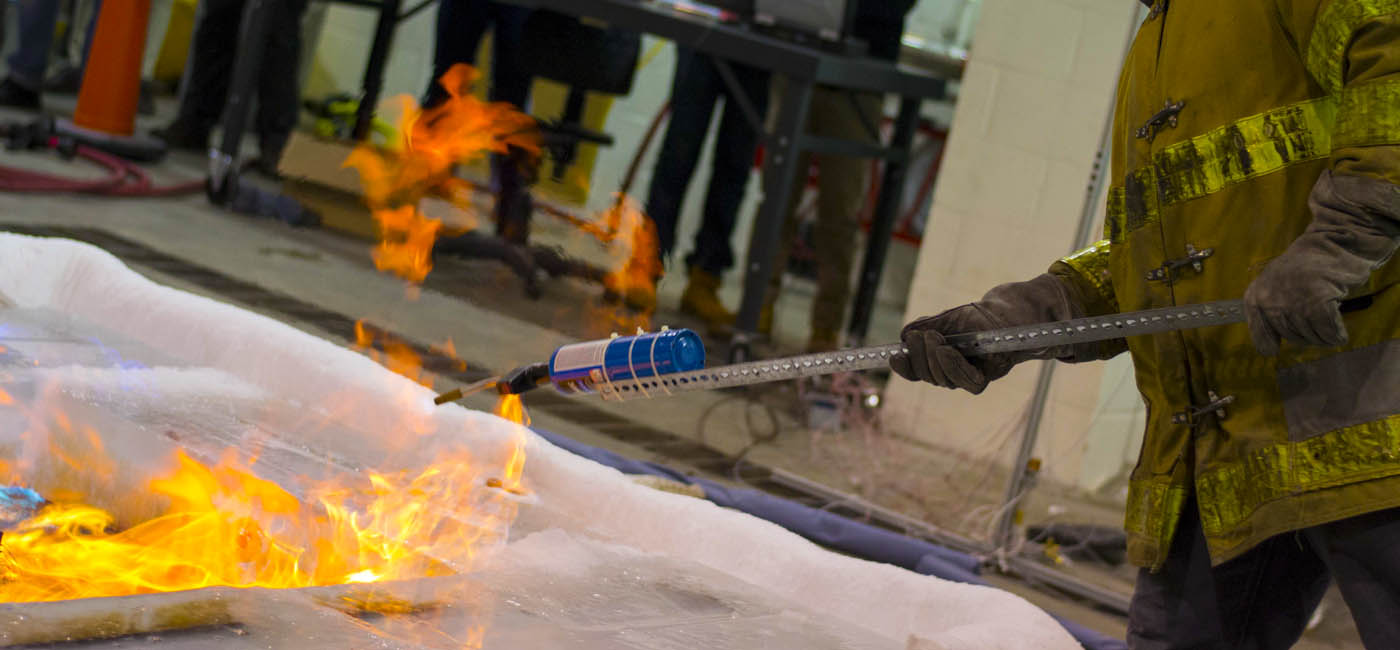A team of researchers from Worcester Polytechnic Institute (WPI), The Bureau of Safety and Environmental Enforcement (BSEE), and the United States Coast Guard (USCG) will test new oil burning technology, called the Flame Refluxer, March 15 at the Coast Guard’s Joint Maritime Test Facility on Little Sand Island in Mobile, Ala.
WPI will be the first university to work with the Coast Guard on research at the facility since it reopened in 2015.
What: A new technology will be tested during a controlled burn of oil in a specially designed test tank on Little Sand Island. Media will be able to observe, photograph, and video the test.
When: Wednesday, March 15, 2017 (Weather date March 16)
7:00 a.m.-12:00 p.m.
Media availability: Subject matter experts will be available for interviews after the testing:
BSEE- Karen Stone, Oil Spill Response Engineer
USCG- Kurt Hansen, Program Manager
WPI- Ali Rangwala, Associate Professor of Fire Protection Engineering
Where: Meet at Coast Guard Sector Mobile, 1500 15th Street, Mobile, Ala.
(Reporters must arrive at dock at 7:00 a.m. to meet the transport boat which will take guests to Little Sand Island.)
Due to space constraints and safety restrictions, reporters wishing to cover the event are required to contact Colleen Wamback at cbwamback@wpi.edu, 508-831-6775, or 508-688-4858, by Wednesday, March 8. Closed toe shoes required; long pants, sunscreen, and bug repellant suggested.Background: When an oil spill occurs in open water, a controlled burn can be the most effective tool for removing it before the oil can sink and cause ecological damage. Experience with open-water oil fires has shown that they can be difficult to sustain, produce smoke, and leave behind a tar-like residue that can harm marine life. In March, a team of researchers from Worcester Polytechnic Institute (WPI), the United States Coast Guard (USCG), and the Bureau of Safety and Environmental Enforcement (BSEE) will test a new technology developed at WPI to change the burning process and significantly improve clean-up.


